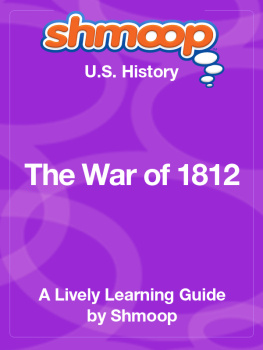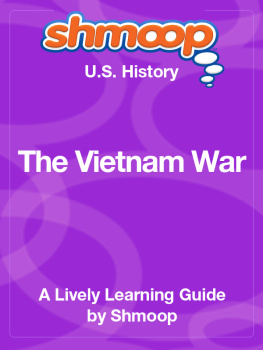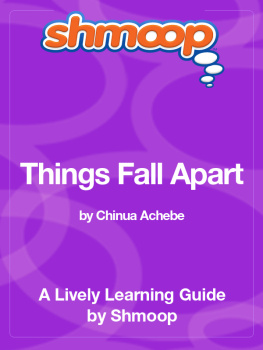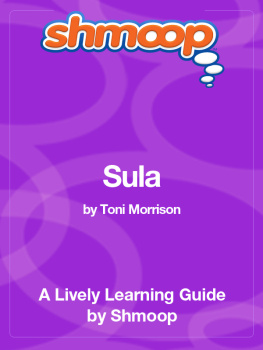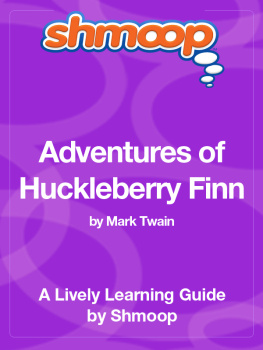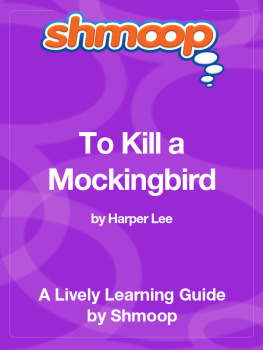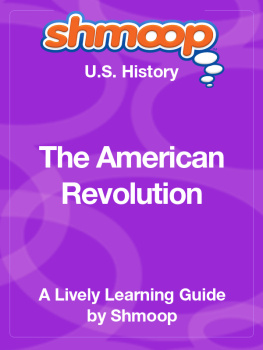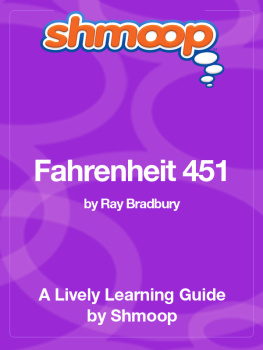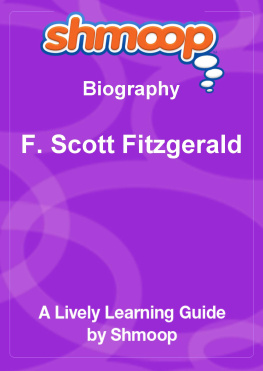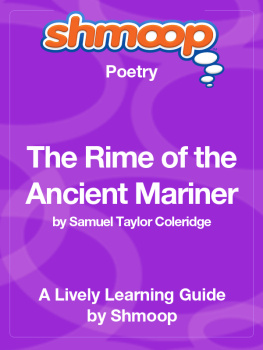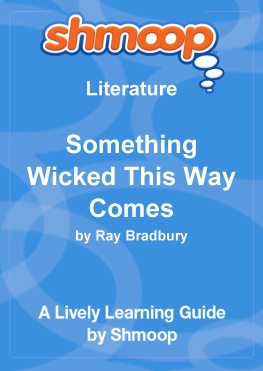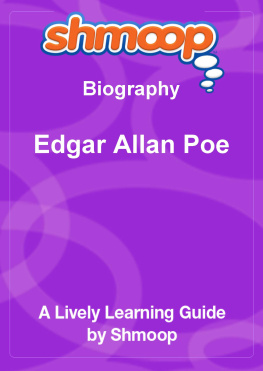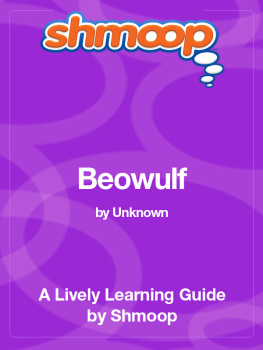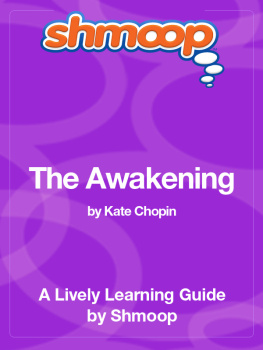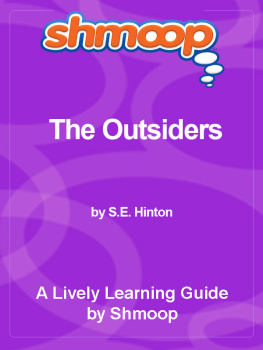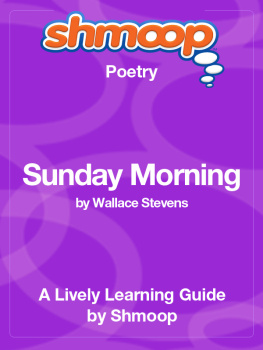Overview of The War of 1812
The War of 1812 has been called America's forgotten war. Wedged between the Revolution and the Civil War, its causes, battles and consequences are familiar to few.
The War of 1812 is also, perhaps, America's most diversely interpreted war. Everyone agrees that Britain's disrespect for American maritime rights-its interference with American trade and its illegal impressment of seamen off American ships-severely strained Anglo-American relations in the years before 1812. But there is considerable disagreement as to why this ultimately led to war and what this war represented.
One group of historians argues that the war was a complete waste of resources and lives. For starters, they say, it was unnecessary. When Britain failed to meet James Madison's demand that it revoke the Order in Council declaring American commercial vessels subject to interception and seizure, Congress declared war. Within a week of the declaration, however, Britain did suspend the provocative order-and the cause for war was thus eliminated. With just a bit more patience, or more efficient communication, these historians argue, the war could have been avoided entirely.
In addition, these historians argue that the war was inconsequential. After three years of fighting and nearly 6000 American casualties, the United States and Great Britain agreed to a treaty that resolved none of the substantive issues that had prompted the war. In fact, the argument over trade policies and maritime rights that preceded the war persisted well into the 1820s, almost as though the war had never occurred at all.
A second interpretation of the War of 1812 emphasizes the role of a new form of nationalism that emerged in the decade preceding the war. The congressional elections of 1810 returned an unusually large number of freshmen representatives. Elected primarily from the West and the South, these first-year congressmen brought a more assertive, bellicose American nationalism with them to Washington, D.C. The British maritime policies that had angered many Americans for years had little direct impact on the lives of these politicians or the people they represented. But shaped by a different experience, and animated by a different set of sensibilities, they expressed less patience than easterners with Britain's disregard for American maritime rights. And therefore these "War Hawks" demanded that America defend its national honor.
This interpretation concedes that western War Hawks were motivated, to a certain extent, by regional ambitions that were not wholly altruistic. Many were anxious to acquire Canada and thus add new territory for American expansion. Others were more concerned with Native American resistance to western expansion, and they were aware that this resistance had been encouraged for years by British troops stationed in western Canada.
But these regional, self-serving objectives were combined, without embarrassment, with more principled demands for the vindication of American rights. In fact, within the frontier nationalism of these War Hawks, the expansion of America and the defense of its international honor were two sides of the same coin; both rested on an understanding of America as a special nation with an obligation to extend and defend a set of progressive ideals.
Those advancing this interpretation of the war also find a certain symmetry between the war's origins and its conclusion. The victory of South Carolina-born Andrew Jackson-the man called "Old Hickory"-and his army of Tennessee and Kentucky volunteers signaled the arrival of a new type of leader and the further ascendance of frontier nationalism to the center of American public life.
There is yet another interpretation of the War of 1812, this one emphasizing the role that New England Federalists played in inadvertently bringing about the war. While Republican Presidents Thomas Jefferson and James Madison tried to force British recognition of American commercial and maritime rights through commercial pressure, Federalist opposition undermined their efforts. New England Federalists' evasion of Jefferson's Embargo of 1807 forced Congress to repeal the embargo before it had a chance to place any real pressure on the British economy. Moreover, Federalists' persistent and highly visible resistance to Republican policies encouraged an uncompromising and increasingly hostile stance from British policymakers.
When the war began in 1812, this interpretation continues, Federalist opposition became even more critical in its effects. New England's refusal to commit militia to the war weakened America's military effort, and the region's continued trade with Britain sent a message of national disunity to British officials. As a result, Madison's diplomatic objectives were undermined and the war was lengthened.
There is a great deal of truth within all three interpretations. In fact, the most complete analysis would draw from all three of these schools of thought. But there is also something more to the story. If we are really to understand the War of 1812, we must consider not just the impact of War Hawks and Federalists, but also the British policies that led to the international dispute and the response of Republican presidents to these policies between 1801 and the outbreak of war in 1812. Most important, we must explore the role of James Madison. As Thomas Jefferson's secretary of state, and then as president, Madison largely set the foreign policy course that led America to war. While the War Hawks elected to congress in 1810 provided the votes Madison needed to secure a declaration of war, and while the Federalist opposition to Republican policies added a layer of complexity to foreign and military policies during these years, this was the primarily James Madison's war.

